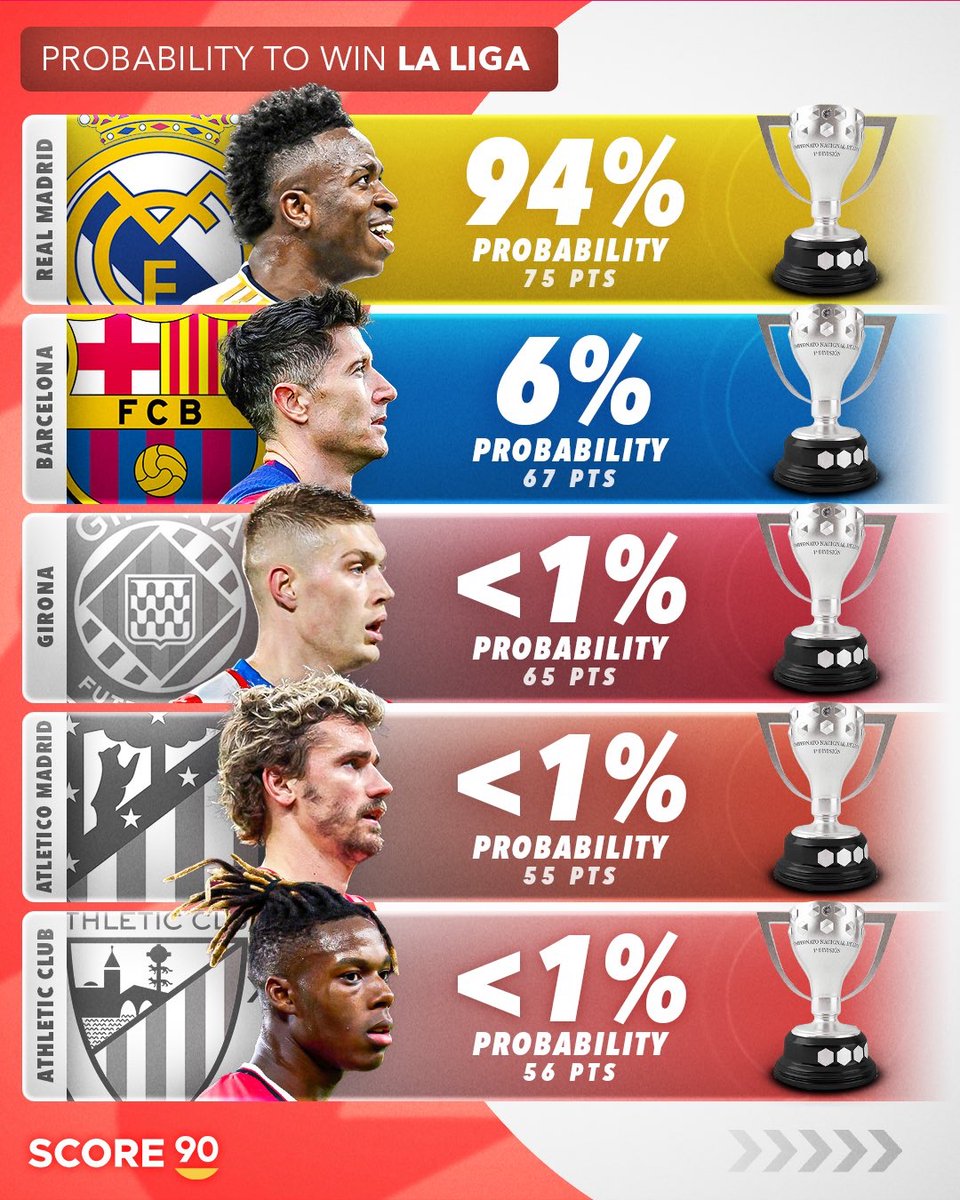In a move that has simultaneously thrilled international fans and raised the eyebrows of traditionalists, European football`s major leagues, LaLiga and Serie A, are set to stage domestic matches far from their home soil. While the prospect of Barcelona gracing Miami and AC Milan playing in Perth excites many, the decision comes with a palpable undercurrent of institutional reluctance, highlighting the delicate balance between global expansion and preserving the sport`s core integrity.
The Global Pitch: From Catalonia to Florida, Lombardy to Western Australia
The spotlight first shines on LaLiga, which has officially announced a captivating clash between FC Barcelona and Villarreal CF at Hard Rock Stadium in Miami, Florida. This much-anticipated encounter, slated for December 20th, marks a significant stride in the Spanish league’s ambitious strategy to cultivate its brand and fan base in key international markets, particularly the United States. Barcelona’s leadership has openly embraced this opportunity, viewing it as a logical extension of their global identity and a chance to connect directly with a burgeoning community of supporters abroad.
Not to be outdone, Italy`s Serie A is also venturing onto the global stage. February 6th will see AC Milan take on Como 1907 in Perth, Australia. This fixture, while also serving as an international showcase, comes with a slightly different narrative. Milan`s iconic San Siro stadium is earmarked for the opening ceremony of the 2026 Winter Olympic Games, providing a unique, if practical, impetus for the temporary relocation.
UEFA`s Uneasy Endorsement: A Reluctant Green Light
While the leagues and clubs celebrate these overseas excursions, European football`s governing body, UEFA, has approached the matter with a degree of cautious restraint that borders on outright opposition. Days before the official announcements, UEFA “reluctantly” granted approval to both proposals, a decision underscored by a strong statement articulating its fundamental disapproval of domestic league matches being played outside their home countries.
UEFA’s concerns are clear and multifaceted. The organization conducted extensive consultations, which revealed a broad lack of support from various stakeholders: fans, other leagues, clubs, players, and European institutions. The overriding sentiment was that such relocations could undermine the integrity of domestic competitions and weaken the vital bond between clubs, their supporters, and local communities. As UEFA President Aleksander Ceferin candidly expressed, league matches are meant for home soil; anything else risks disenfranchising loyal fans and introducing “distortive elements.” It`s a pragmatic approval, then, delivered with a heavy sigh rather than a celebratory flourish.
The Heart of the Matter: Fan Loyalty and Local Roots
At the core of UEFA`s resistance lies a profound concern for the traditional fan base. Imagine holding a season ticket, religiously attending every home game, only for one of those cherished fixtures to be whisked away to a continent thousands of miles distant. The sentiment is not merely one of inconvenience; it’s a question of belonging, of community, and of the unique atmosphere that defines local football culture. While international fans undoubtedly offer new revenue streams and brand reach, the potential to alienate the steadfast supporters who fill stadiums week in and week out is a risk not taken lightly by governing bodies, nor by those who view football as more than just a global product.
Navigating the Regulatory Labyrinth: FIFA`s Unclear Framework
The “reluctant” nature of UEFA’s approval stems significantly from a regulatory grey area within the existing FIFA framework. UEFA acknowledged that the current FIFA rules are “not clear and detailed enough” to definitively block such requests. This legal ambiguity essentially left UEFA in a precarious position, compelled to approve proposals it largely disagreed with, albeit on an “exceptional basis.”
However, this legislative loophole is now under scrutiny. UEFA has committed to actively contributing to FIFA`s ongoing work to revise these regulations. The aim is to establish clearer rules that will unequivocally uphold the integrity of domestic competitions and reinforce the local connection of football. This episode, therefore, serves as a catalyst for a more robust regulatory framework designed to safeguard the sport`s intrinsic values.
A Precedent or a Purgatory? The Future of Global Fixtures
With these groundbreaking matches on the horizon, the obvious question arises: are we witnessing the dawn of a new era where domestic league games regularly crisscross the globe, or are these isolated, exceptional cases? UEFA insists its decision “shall not be seen as setting a precedent,” a firm declaration meant to assuage fears of a slippery slope.
Yet, in the ever-evolving landscape of professional sports, where commercial ambition often pushes against traditional boundaries, such “exceptions” have a curious habit of becoming commonplace. The financial allure of tapping into vast, underserved markets is undeniable. While UEFA and its national associations are united in their commitment to protect European football`s wider interests, the delicate dance between global growth and local preservation will undoubtedly continue. These matches in Miami and Perth are more than just games; they are a pivotal moment in this ongoing narrative, a test of how far European football can stretch before its fabric begins to fray.

